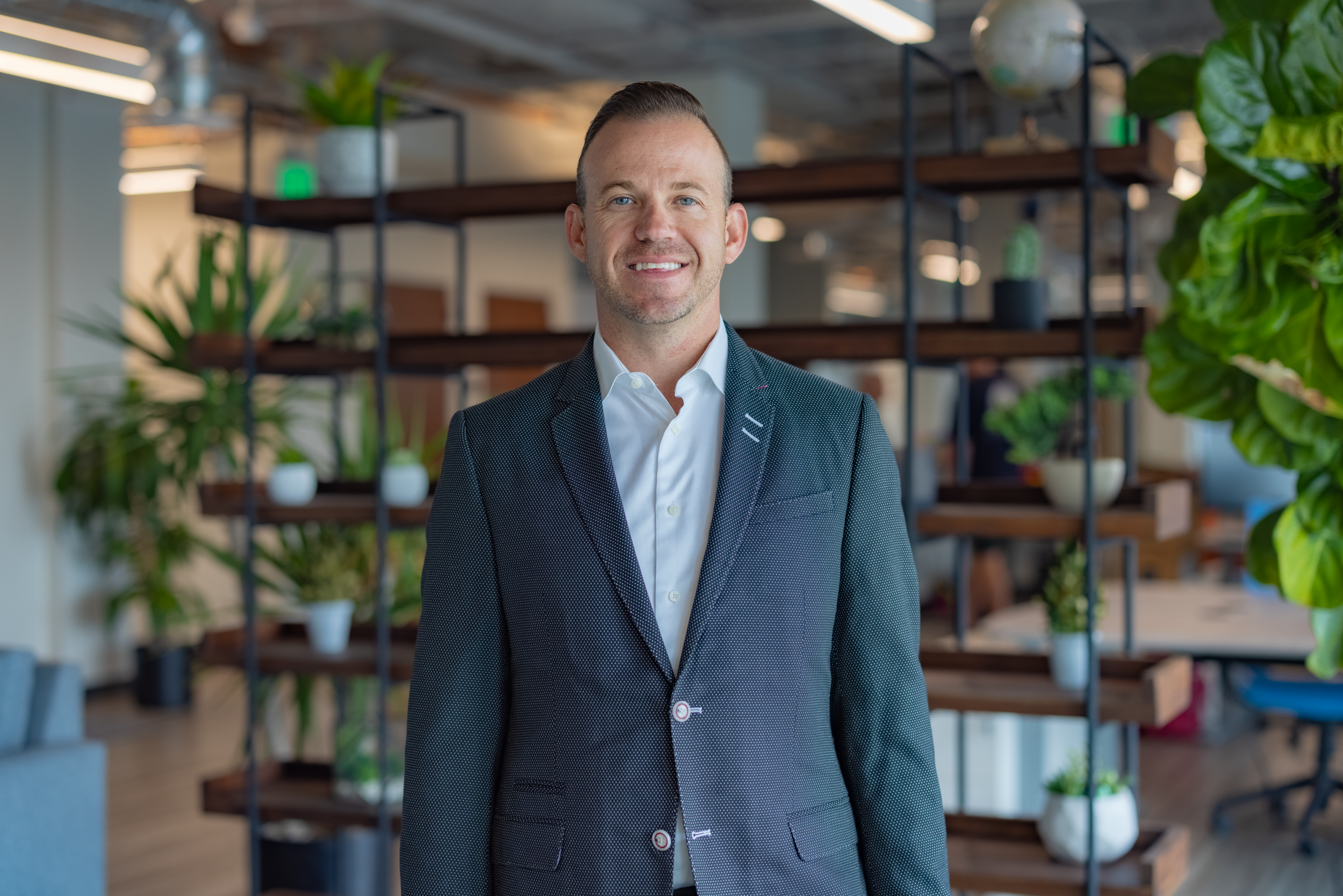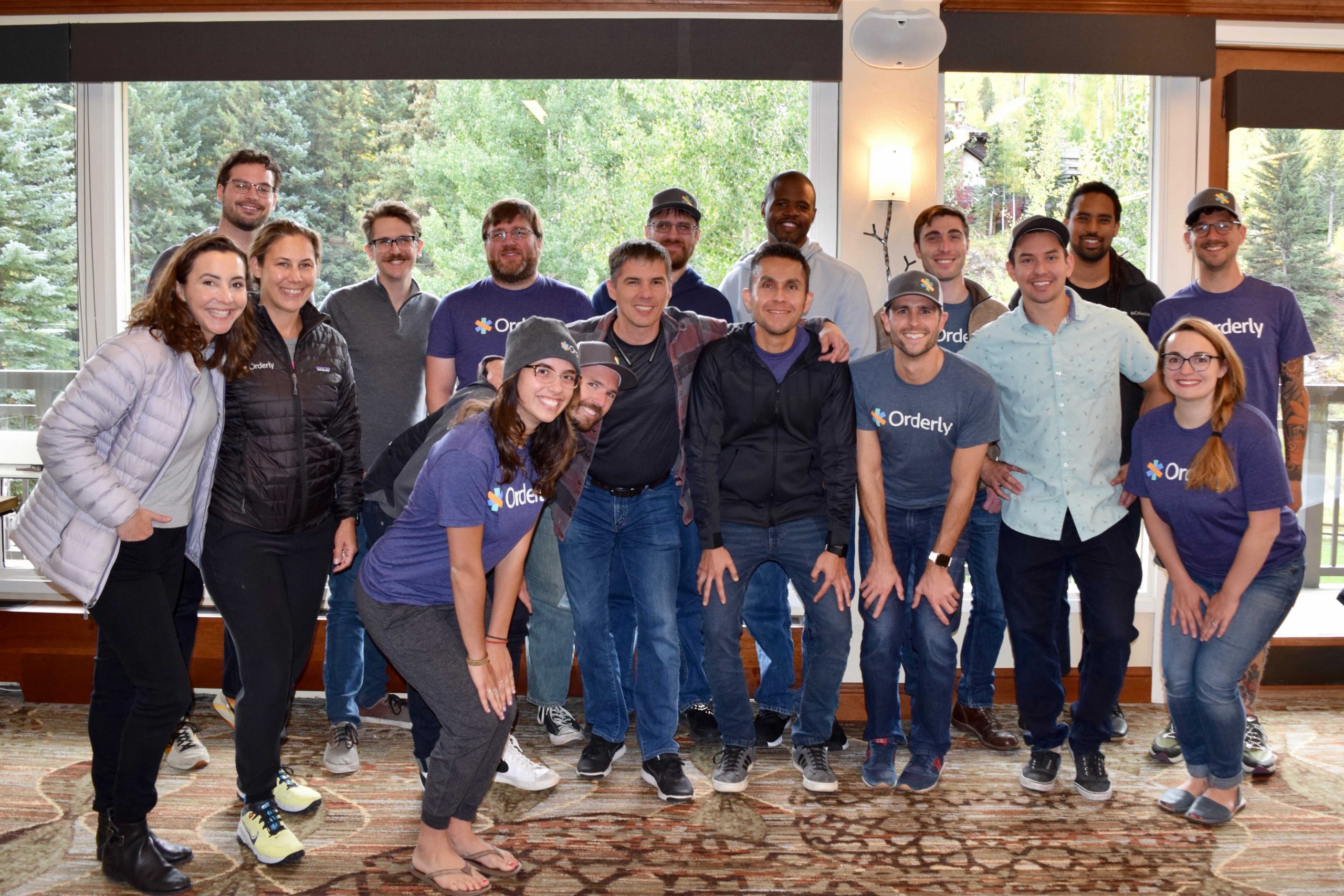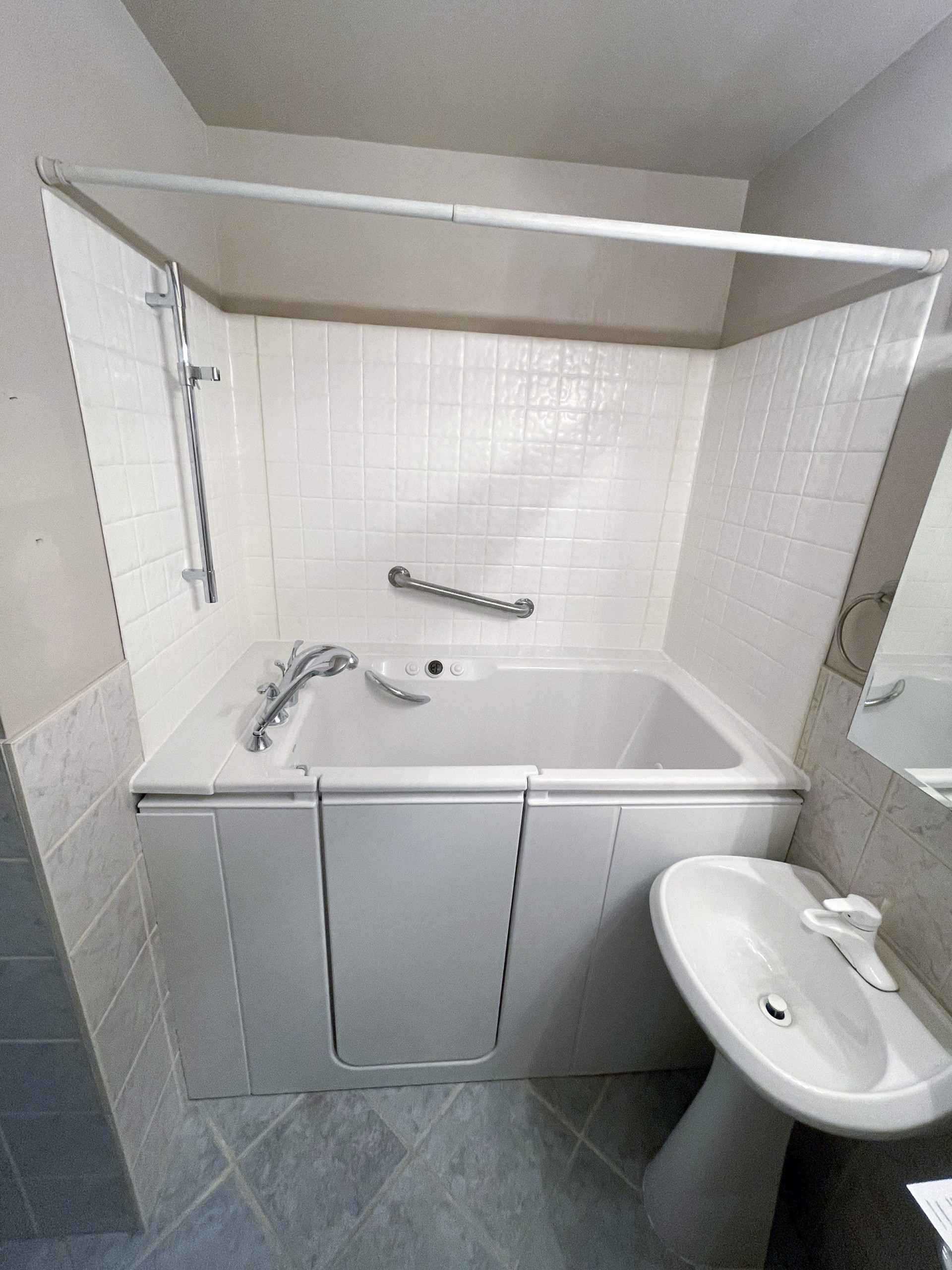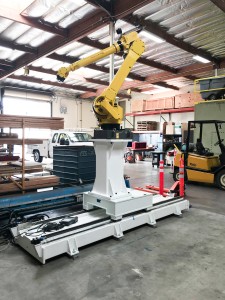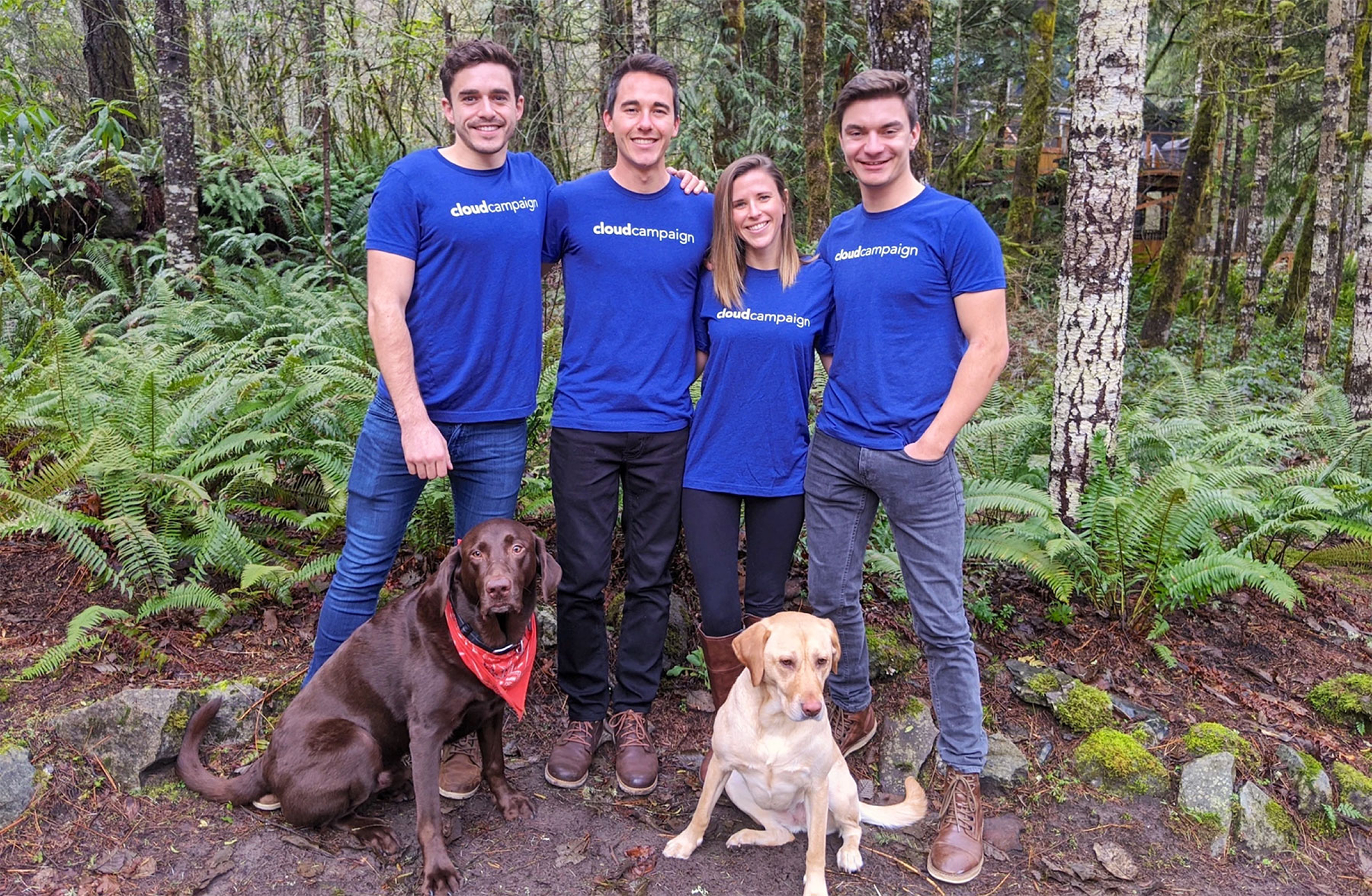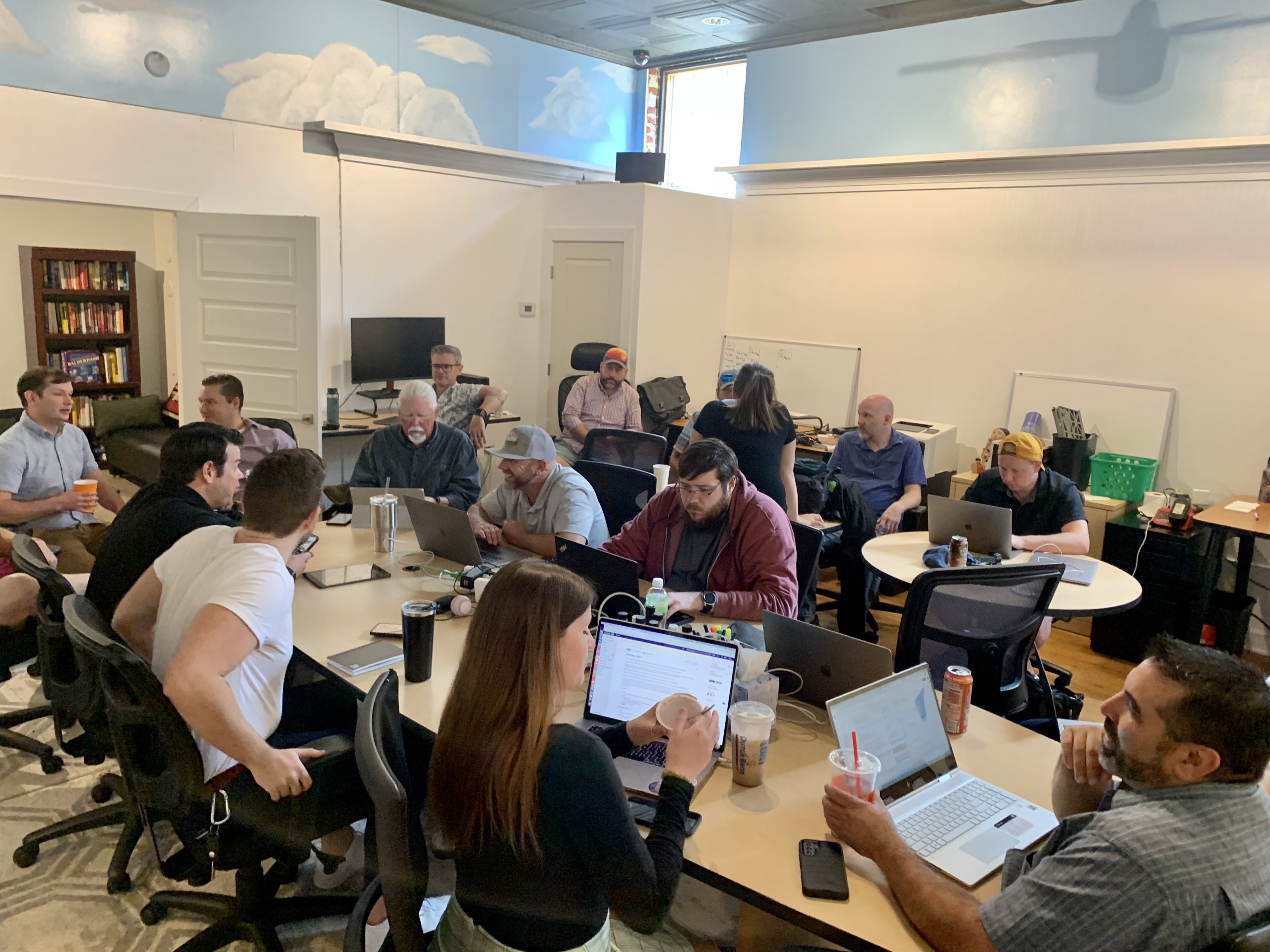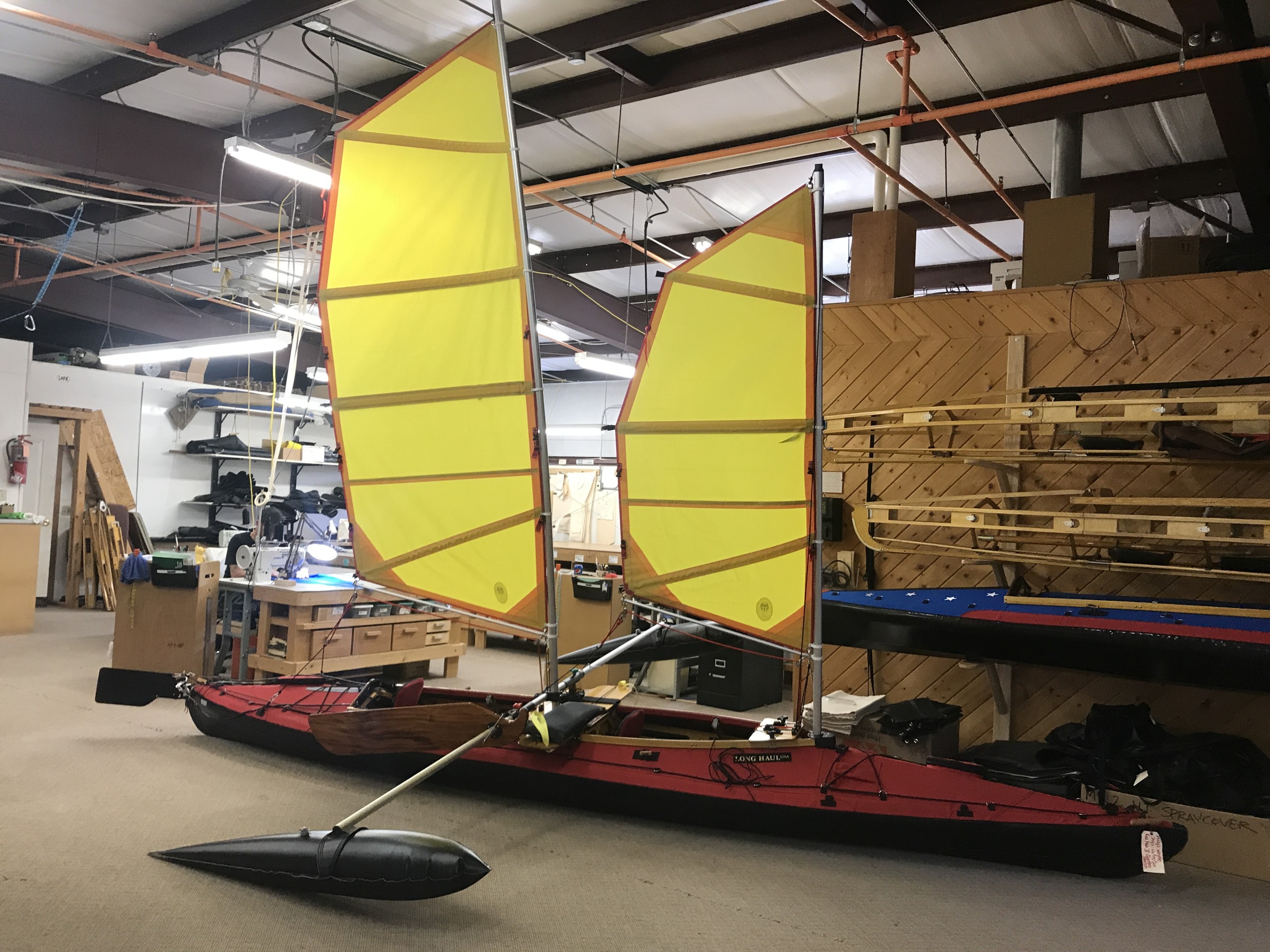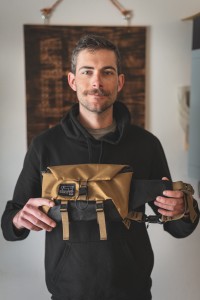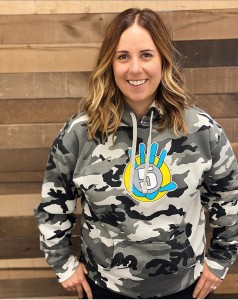Since 2009, the Colorado Companies to Watch program has sought to recognize second-stage enterprises from around the state. These companies often fly under the radar of awards programs of this type, yet they play an enormous role in fueling Colorado’s economy.
From an economic-development perspective, the importance of recognizing second-stage companies — those beyond the startup stage but still developing — is obvious: As these companies grow, not only do they employ an increasing number of people, which benefits their local economies and quality of life; they also create a need for outside services, and thus opportunity for other businesses, from restaurants to accounting firms to pet boarders, to flourish. The ripple effect on the economy is sizable, to say the least.
This year, more than 1,100 companies from industries ranging from biosciences to fitness to food and beverage submitted nominations. A judging panel made up of business and economic-development leaders throughout the state whittled those candidates down to the finalists, and finally to this year’s select cast of 47 Colorado Companies to Watch winners.
Read on to learn more about our favorite Colorado Communicators and Educators.
Core Progression Elite Personal Training
Northglenn
Core Progression gives clients a 360-degree approach to their health and wellness. It offers nutritional guidance, physical therapy, chiropractic, massage and training.
The boutique personal training and wellness company boasts clientele ranging from professional athletes to executives to housewives – even owners of professional sports teams.
“The fitness industry has been flipped on its head in the last two years,” owner and CEO Jonathan Cerf says, citing COVID-19 restrictions and the resulting emergence of digital and virtual offerings. “We have seen a huge demand for people wanting to have the private training experience and social aspect but in a more one-on-one setting. I think the screen fatigue will push people to want to have a safe place to exercise and to get out of the house.”
In business since 2008, Core Progression has gone from two locations in 2018 to seven locations as of 2021, including six in Colorado. Revenues have more than tripled since 2019. The company owns the commercial spaces where it operates and is poised for more growth and national expansion. Providing a one-stop shop and combining rehab, exercise, nutrition and training into one enables the company to attract a wide range of clients.
“By only needing a handful of clients, we can tap into many markets, as our footprint isn’t huge and the population needed for our locations also isn’t massive,” Cerf says.
Intrinsic LLC
Denver
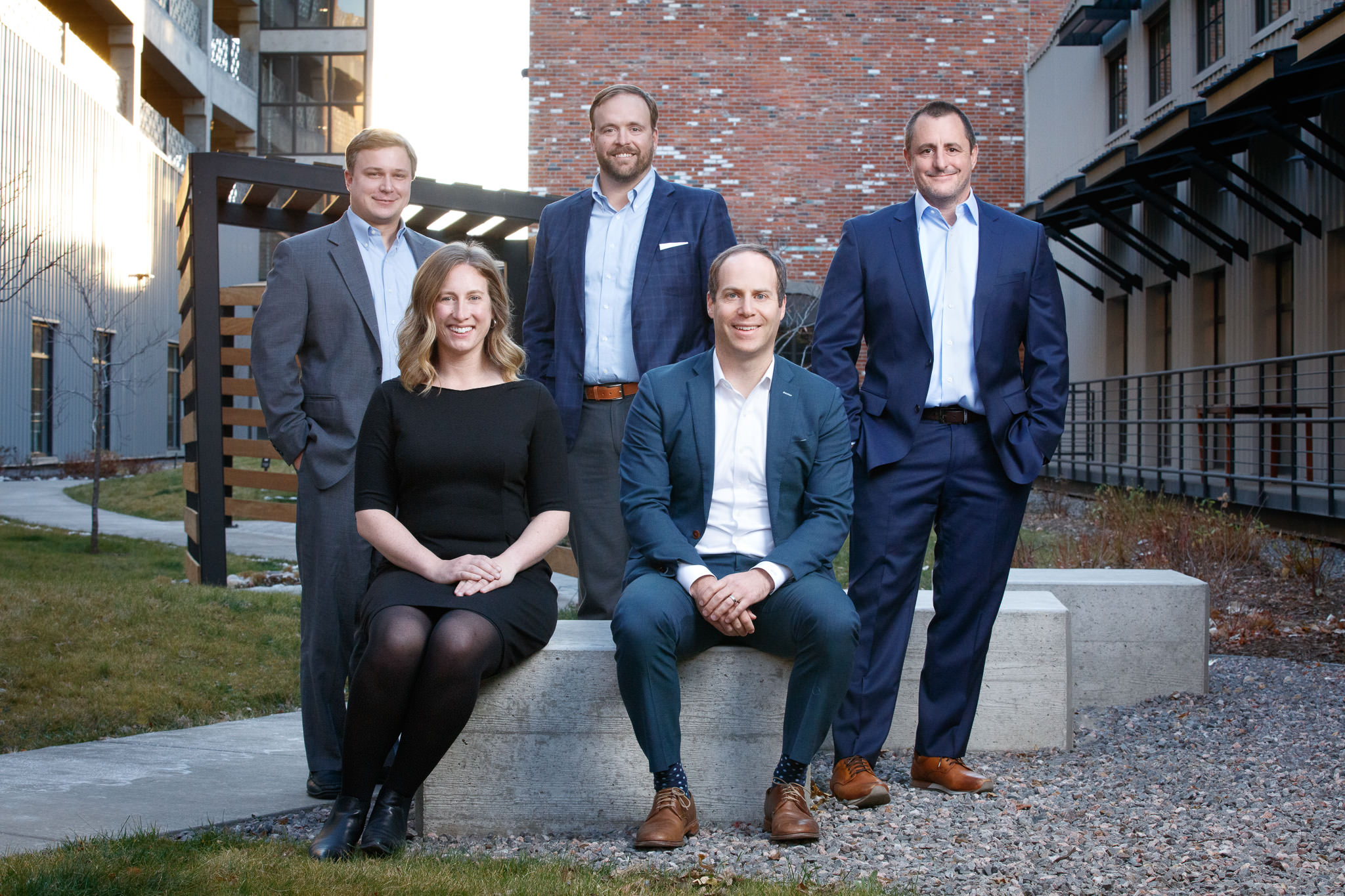
Founded in 2010, Intrinsic is a transaction advisory and valuation firm providing time-critical transaction support and sophisticated valuation advice to private equity firms, family offices, high net worth individuals and estate planning attorneys.
“Our business is shaped and guided by a highly informed group of investors, some of the most accomplished professionals and academics in the fields of private equity and entrepreneurial finance,” the company notes.
Along with transaction advisory, services provided by the firm include transaction opinions, valuation, financial reporting and tax reporting.
Intrinsic’s business is influenced by M&A activity and changes in the tax environment. Recent proposed tax changes and sunsetting tax policies, and the high M&A deal volume have had positive impact on the firm’s recent growth. With two offices in Denver and 30 employees as of year-end 2021, the firm expects to add significantly to its workforce in 2022.
“We believe we have the capacity to continue on our growth trajectory and continue to recruit high-quality individuals,” CEO Alex Hodgkin says.
Knott Laboratory
Centennial

Knott Laboratory provides forensic engineering and animation services for a variety of industries nationwide.
The company produces scientifically accurate graphics and animations to support its engineers in their expert witness testimony.
The company’s team includes mechanical engineers, fire and explosion investigators, forensic animators, accident reconstructionists and digital media forensics experts who have worked on more than 20,000 failure analysis cases for the legal and insurance industries as well as for local and national businesses.
Knott Laboratory has 11 divisions, each serving a unique market, and functioning like a diverse portfolio, helping protect the company from market shifts.
“Our recruitment has focused on building a diverse group of engineers, scientists, physicists, architects and law enforcement officers to form highly specialized teams for each division,” says Sarah Allen, Knott’s marketing manager. “Growth mentality is a huge part of our culture so that technical staff have a continuous stream of interesting and challenging projects.”
Knott Laboratory’s systems and programs support a remote workforce that facilitates relatively easy expansion of the team. This was in place before the pandemic, allowing the company to easily adjust during pandemic stay-at-home orders.
The company is headquartered in Centennial, with locations in Fort Collins, Colorado Springs, Grand Junction, Phoenix, Las Vegas, Dallas and San Antonio.
ResultsLab
Denver

ResultsLab is helping nonprofits and humanitarian-focused social enterprises harness the power of data.
The company works with organizations of all sizes, from large-scale state and government agencies and nonprofits to smaller, community-based grassroots organizations. Its goal is to make data approachable and deepen its clients’ ability to make informed decisions to create greater impact.
“I launched ResultsLab because I saw a real need for organizations to better utilize data and elevate voice to strengthen programs and drive real solutions that are centered to meet the needs of our communities,” CEO Cindy Eby notes on the company’s website.
Rising demand for greater transparency and accountability combined with greater expectations for organizations to listen to and elevate the voices of their community factors more heavily into the decision-making process.
ResultsLab walks its clients through a three-step process: design, measure and act. It’s geared toward helping social good organizations assess the performance of a project and make data-informed decisions.
Organizations that partner with ResultsLab are more confident and equipped to engage with data. They gain a clearer understanding of their goals and learn how to measure and use data to deepen their impact.
“Together we develop a culture of data that is sustainable and driving growth and transformative change,” Eby says.
Semantic Arts
Fort Collins
Semantic Arts is breaking down silos by changing the way companies think about data.
Through its transformation programs, Semantic Arts helps companies change their relationship to their information systems. The company promotes a shift in the way its clients think about data and simplifies the data landscape so they can understand it.
“We help companies change their relationship to data,” Semantic Arts President David McComb said. “We call this shift the Data-Centric Revolution. Silos go away, systems integration goes away.”
The company also offers advisory services, including workshops to help businesses grapple with tough issues, and assessments where Semantic Arts reviews projects in progress.
Semantic Arts brought on a business development team in 2020 and has been growing at a rate of 25% annually since — the maximum growth Semantic Arts believes a specialized professional services company should achieve.
The company has published four books on the shift in how data is used. Company representatives also speak at many conferences and webinars.
“We are thought leaders in our niche,” McComb says. “We have a very cohesive and collaborative culture and are able to hire the very rare skills that are needed to do this type of work.”
Storyvine Inc.
Denver
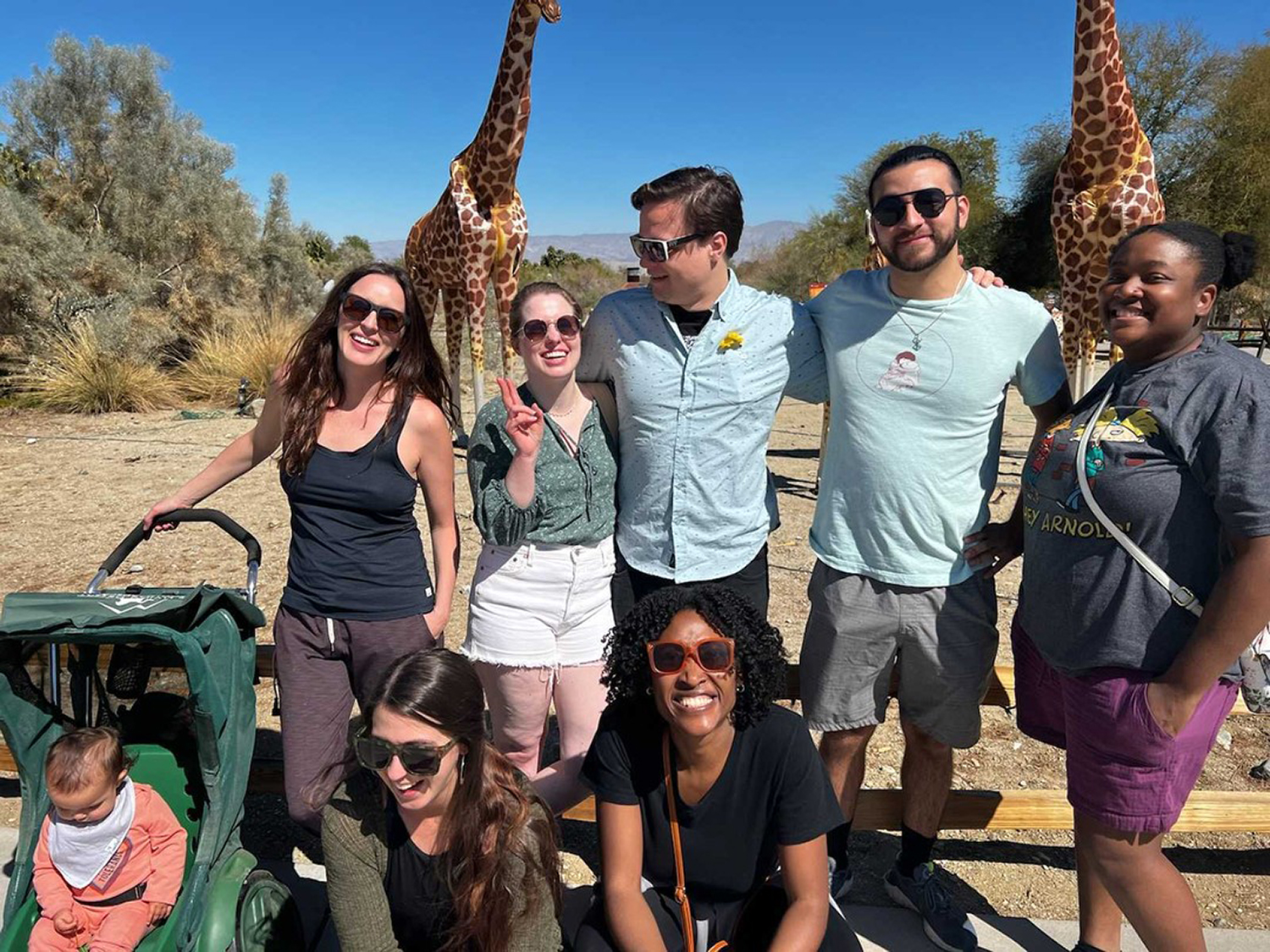
Using videos to get a story across helps consumers feel more connected to a brand, and Storyvine, Inc. makes it easy for companies to create them using nothing more than a phone and its video-management platform.
Founded in 2012, Storyvine’s clients include multi-nationals, corporate marketing and communications, advocacy and nonprofit groups that want to use video to simplify storytelling to move their businesses forward.
Storyvine combines distributed capture, asset management and fully automated video editing to allow clients to capture, produce and share the insights, knowledge and stories that define their brand.
“The rise of professional, user-generated video platforms has given brands the opportunity to create authentic videos from a smartphone,” says Monique Elwell, president and chief operating officer. “There has been a massive shift to digital communications due to COVID-19.”
Many of Storyvine’s pharmaceutical clients began using the platform their sales people could no longer get into the doctors’ offices. They’ve been using Storyvine to film hundreds to thousands of videos per day to continue their relationships and schedule meetings with healthcare providers. Storyvine’s customizable templates with high privacy and security features allow the company’s pharma clients to create authentic content that still meets regulatory guidelines.
“The return on investment they have been seeing has made Storyvine move from a nice to have to a must have,” Elwell says.
Tilt
Fort Collins
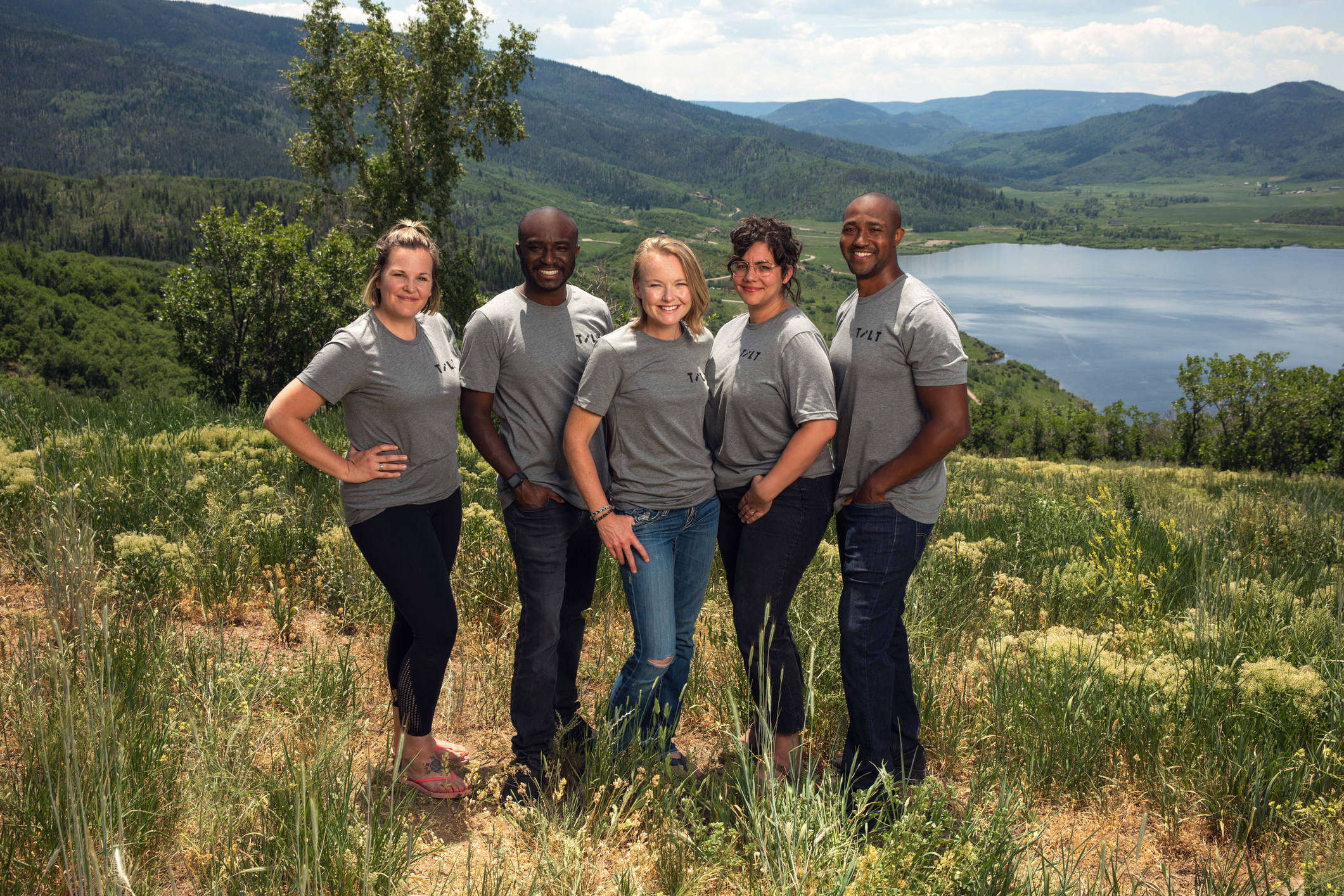
Tilt is revolutionizing employee leave in the workplace.
Because of poor work-life balance, being passed over for promotions, a lack of support from management and mismanaged leave in general, 34% of women don’t return to work after going on maternity leave.
But Tilt’s platform and team of leave experts manages the entire lifecycle before, during and after leave.
Tilt helps companies to incorporate their existing leave management process into its proprietary leave plan management platform. Each client receives a unique URL, and Tilt makes the interface look, feel, act and communicate in the same manner as the solution already in place.
Tilt’s platform creates a collaborative, holistic experience personalized for each leave scenario — including parental and caregiving — communicating clear expectations for all parties involved.
The platform helps companies stay compliant while retaining top talent, improving employee engagement and enhancing employee health and wellness.
“Human resources dislikes leave management, so it’s ripe for tech automation,” Tilt Founder and CEO Jennifer Henderson says.


